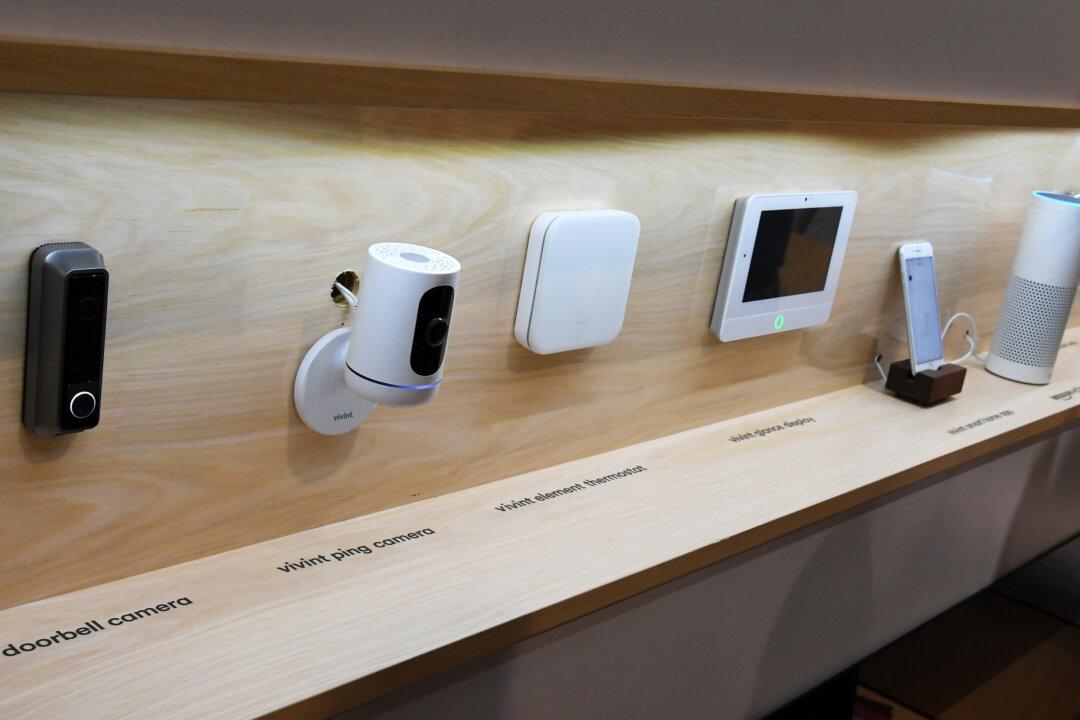The House of Representatives on Feb. 27 overwhelmingly voted to make manufacturers tell consumers if an Internet-connected device comes with a camera or microphone, with enforcement left to the Federal Trade Commission.
That requirement does not cover certain devices, such as “a telephone (including a mobile phone), a laptop, tablet, or any device that a consumer would reasonably expect to have a microphone or camera.”





